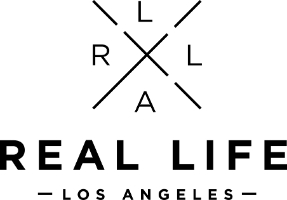If the tech guys from companies like Norton, Trend Micro, McAfee were to be honest with all of us, they would say that most of them don't even use them, just by following some simple rules:
1 Never open emails from people you don't know.
2 Don't open attachtments you have not requested.
3 Be aware the kind of places you visit.
If you are using an Internet provider that offers high speed internet (DSL) more than likely you will be using a router, which is the box that connects between the phone socket and your computer. These routers, all of them, have a built in firewall, which protects from unwanted visitors that might want to know about your habits and what you do in general. Windows XP also has a built in firewall, but if you are using a router you don't need to have it on, the one in the router should be more than enough. For more information about all topics regarding computers and the Internet I listen to Leo Laporte on KFI 640AM on saturdays and sundays. In his website you can find lots of tips and tricks on how to make your internet experience quiet pleasent. His address is http://www.leoville.tv/radio/
This is an excert of some of the tips you can read about
If you’re a Windows user you need an Anti-Virus. I do not recommend the current top sellers: Norton Anti-virus or McAfee. They’re bloated and less effective than others. Check any anti-virus before you buy by visiting the independent Virus Bulletin. Any anti-virus you choose should also be certified by the ICSA Labs (all the big commercial products are).
- If you can’t afford, or don’t want to buy, an anti-virus program I recommend the Free Version of AVG from Grisoft. It’s fairly accurate but to reduce bloat you might want to turn off the background tasks.
- The best commercial anti-virus is NOD32 from Eset. It’s relatively inexpensive and has a 100% effective rating from the Virus Bulletin. [Disclaimer: ESET is a sponsor of the radio show, but I use it myself and would sincerely recommend it even if they weren’t.]
Symantec’s Anti-Virus Research Center is a good source of virus information. The site also lists hoaxes and offers many free virus removal tools. Most anti-virus companies maintain similar sites. Unfortunately, there’s no standard for virus names, so you may have to look around to find the right page.
If you are having problems installing an AV product it may be that your system is infected. Use one of these free online anti-virus scans to check for infection:
Currently these online scanners require Internet Explorer, but a cross-platform version of Housecall is reportedly under development.
Happy surfing.







No comments:
Post a Comment